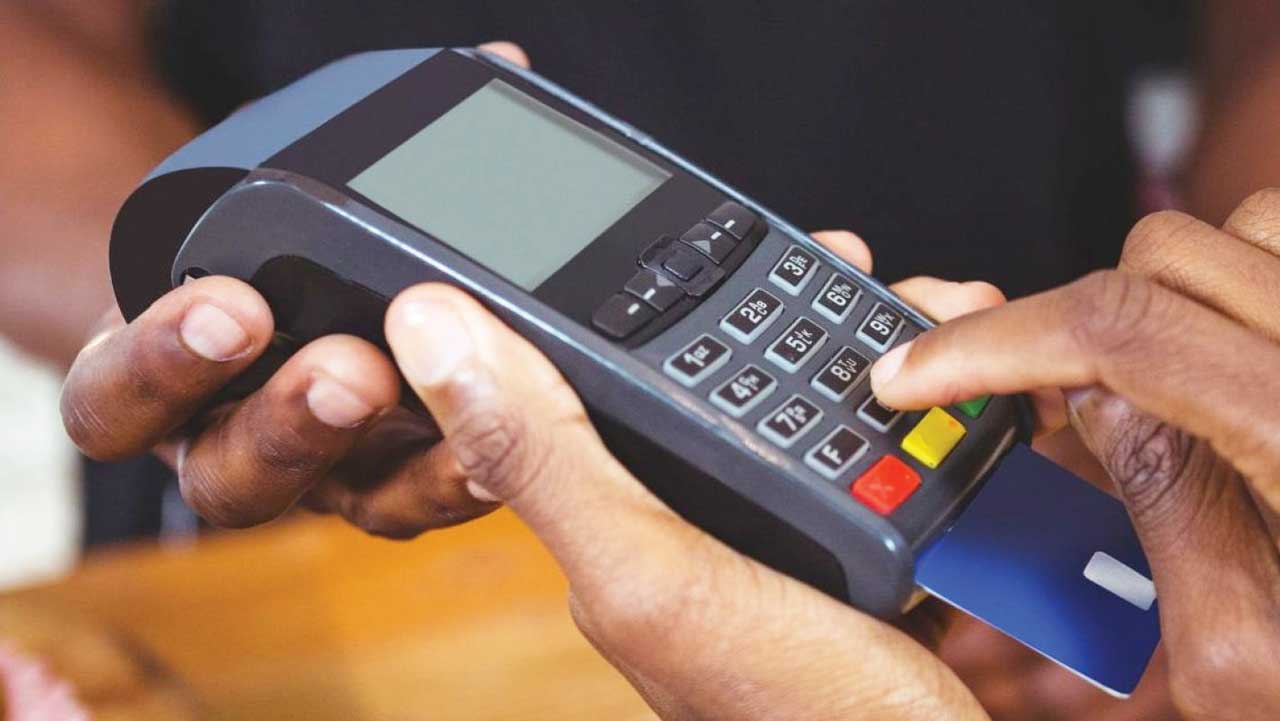Business
Explainer: What the CBN’s new directive on PoS transactions?

The Central Bank of Nigeria (CBN) has recently issued a new directive that changes how Point of Sale (PoS) transactions are processed across the country.
This move is aimed at improving the security and tracking of electronic payments. Here’s what you need to know about this directive and how it impacts businesses and consumers.
What is the New Directive?
The CBN now requires that all PoS transactions be routed through licensed Payment Terminal Service Aggregators (PTSAs). These aggregators are intermediaries that manage and streamline the processing of transactions from PoS terminals used by businesses and agents.
Previously, Nigeria Interbank Settlement System Plc was the only PTSA, but the CBN has now added a second aggregator, Unified Payment Services Limited, to provide more options and prevent reliance on a single service provider.
Why Was This Change Made?
The directive is part of the CBN’s broader strategy to enhance the management of electronic payments in Nigeria. By requiring that all transactions go through licensed aggregators, the CBN aims to improve the tracking of transactions, reduce fraud, and ensure that the payment system is more reliable and efficient.
The addition of a second aggregator also addresses concerns about putting all transactions through one system, which could be a single point of failure.
What Are the Responsibilities of Businesses?
Businesses and agents that use PoS terminals will now need to ensure that their payment service providers (PTSPs)—the companies that supply and manage their PoS devices—are compliant with this new directive.
PTSPs must configure their devices to work with any of the licensed PTSAs chosen by the acquirers (the banks or financial institutions that process the payments).
What Are the Reporting Requirements?
Both PTSAs and PTSPs have new reporting obligations under the directive. PTSAs must submit monthly reports to the CBN detailing all transactions processed through their platforms.
PTSPs are also required to report on the number of merchants and agents they manage, along with the PTSA services used. These reports must be submitted to the CBN within seven days after the end of each month.
What Happens If Businesses Don’t Comply?
The CBN has given a 30-day window for all payment service providers to regularize their operations with the PTSAs. Non-compliance with the directive will attract sanctions from the CBN, although the specific penalties have not been detailed.
How Does This Affect Consumers?
For consumers, the changes should largely be invisible. However, the improved tracking and management of transactions should lead to more reliable and secure electronic payments. In theory, this could also lead to quicker resolution of disputes and a reduction in fraudulent activities associated with PoS transactions.
What’s Next?
The CBN will likely monitor the implementation of this directive closely to ensure that all parties comply and that the payment system becomes more robust. Businesses should work with their payment service providers to ensure they meet the new requirements, while consumers can expect a more secure transaction environment.
This directive, alongside the Corporate Affairs Commission’s requirement for PoS operators to register by September 5, 2024, represents a broader push towards greater regulation and oversight in Nigeria’s electronic payment systems.




















